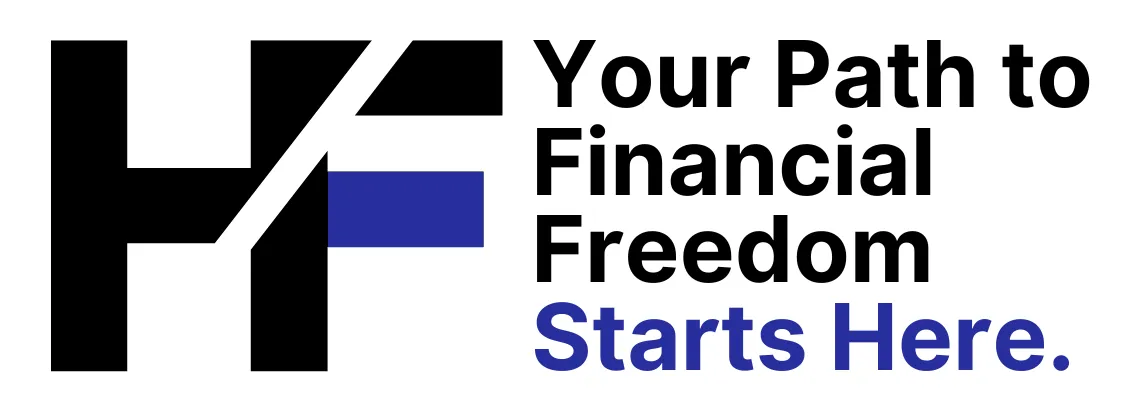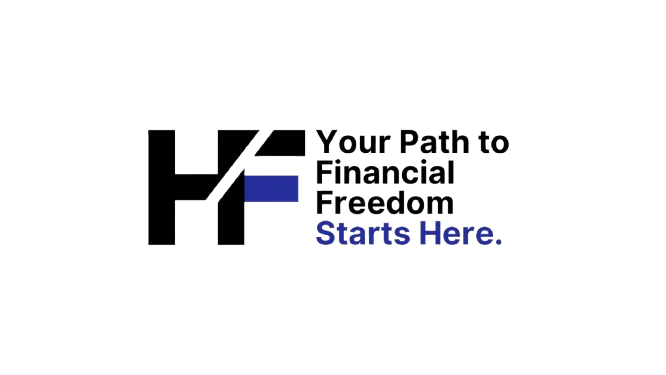
Become Debt Free
Conquering Debt: Understanding and Managing Your Financial Obligations
Debt is a common thread woven through the fabric of modern life, but it can also be a source of significant stress and anxiety. In this article, we'll unravel the complexities of debt, explore different types, discuss effective management strategies, and empower you to take control of your financial well-being.
Unmasking the Many Faces of Debt
Debt isn't a one-size-fits-all concept. It comes in various forms, each with its own characteristics and implications. Think of consumer debt as the everyday obligations we accumulate for personal expenses. This could be anything from that tempting credit card purchase (beware those high interest rates!) to a personal loan for home renovations. And then there are those payday loans, short-term fixes that can quickly spiral into a long-term debt trap.
Student loans, on the other hand, are in a category of their own. Used to finance education, they often come with more favorable terms and flexible repayment options, including income-driven repayment plans and potential government assistance.
And of course, there's the big one: mortgages. These are secured loans used to purchase property, where the property itself serves as collateral.
It's important to remember that not all debt is created equal. While all debt involves an obligation to repay, some debts can be considered "good" if they contribute to building long-term wealth or value, such as a mortgage for a home or a student loan for education. "Bad debt," in contrast, typically refers to high-interest debt that doesn't provide lasting value, like credit card debt or payday loans.
Strategies for Taming the Debt Beast
Feeling overwhelmed by debt? You're not alone, and there are proven strategies that can help you regain control. The snowball method, for instance, focuses on paying off the smallest debts first, regardless of interest rates. This approach can provide a much-needed psychological boost as you see quick wins and gain momentum. Alternatively, the avalanche method prioritizes paying off debts with the highest interest rates first, saving you money in the long run.
Debt consolidation is another powerful tool in your debt-fighting arsenal. By combining multiple debts into a single loan, you can simplify payments and potentially reduce interest costs. And if you're struggling with high-interest credit card debt, balance transfers can offer a lifeline, allowing you to transfer your balance to a card with a lower introductory rate. Just be mindful of balance transfer fees and ensure you can pay off the balance before the introductory period ends.
Budgeting: Your Secret Weapon in the Debt Battle
A budget is your financial compass, guiding you towards your debt repayment goals. It helps you track your income and expenses, identify areas where you can cut back, and free up more money to throw at those debts. If you're not sure where to start with budgeting, there are plenty of helpful resources available online and in your community.
One crucial aspect of budgeting is differentiating between needs and wants. Essential expenses like housing and food are your "needs," while discretionary spending like entertainment and dining out fall into the "wants" category. Challenge yourself to reduce those "wants" to accelerate your debt repayment journey. Can you pack your lunch instead of buying it? Brew your own coffee instead of hitting the coffee shop? Small changes can make a big difference.
Tracking your spending is equally important. Monitor where your money is going to identify potential leaks and stay on track. Use budgeting apps, spreadsheets, or a simple notebook to keep tabs on your expenses. And don't be afraid to get creative with cutting costs. Meal planning, using coupons, negotiating lower bills, and finding cheaper alternatives can all contribute to freeing up more cash flow.
If possible, explore ways to boost your income. Taking on a side hustle, selling unused items, or asking for a raise can all generate extra cash that can be directed towards paying down debt.
Taking Control of Your Debt
Debt can be a formidable opponent, but it's not insurmountable. By understanding the different types of debt, implementing effective debt management strategies, and creating a budget that prioritizes debt repayment, you can take control of your finances and pave the way to a debt-free future.
